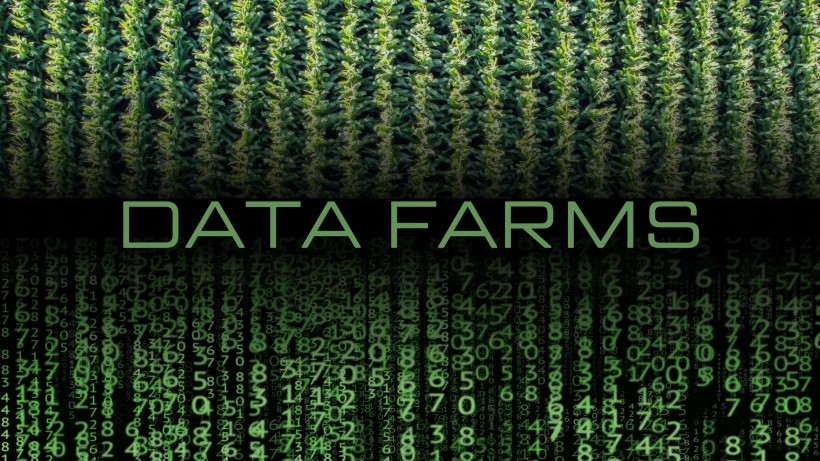St. John’s-based Data Farms is working on a funding round with a target of $900,000 to refine its product and boost its use among farmers practising regenerative farming, which focuses on soil and ecosystem health and regeneration.
Climate change and soil and ecosystem degradation make regenerative agriculture of growing interest to farmers, but gathering and analysing the data created by soil, water and crop sensors can be difficult, Founder and data scientist Heather Zurel told Entrevestor. So, Data Farms has created a platform that allows all the data from farm sensors to be viewed and analyzed in one place.
“We have put all the data in one place so farmers can work with one service provider instead of five or six,” said Zurel who previously worked in medical research, and who runs the venture with her husband David Zurel, owner of Vinland Acres Forest Farm.
“A lot of farmers are adopting regenerative farming practices by using methods that help soil health and structure,” she said. “These methods prevent erosion and allow soil to absorb more water and carbon which makes it more resilient to the drought and heat stress caused by climate change.”
Zurel said precision agriculture and its interpretation offer clarity.
“When farmers experience crop failure they don’t always know what caused it, which means the problem can persist.”
Currently, the Data Farms team includes three full-time members and two part-time. They are looking for a software developer.
They previously raised an angel round of $100,000 and received grants from NRC-IRAP that allowed them to build their platform and conduct field trials. In addition to working on raising $900,000 in equity investment, they are currently running an early-adopters program for farmers which will run throughout the 2025 summer growing season.
Zurel said her experience in medical research and the pandemic led her to some career-changing realizations. Firstly, she realized that, although some severe genetic conditions cannot be treated, many diseases have a common contributing factor: poor diet.
The experience of living through the pandemic also made her realize the importance of food.
“Living on the island was a stark reminder of how fragile our food ecosystem is,” Zurel said. “In early Covid, during updates, we heard we had five days of fuel left, three days of orange juice. It made me realize how challenging it was to get fresh local food. We had always thought of retiring on a homestead but when Covid happened, we thought, why not start now?”










